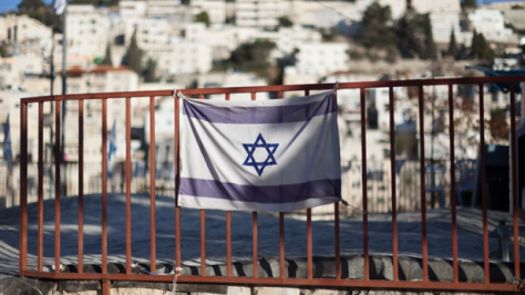
Arbitrarily altering a city’s boundaries based on demographic forecasts is hardly the way to manage a municipality. Instead, all of East Jerusalem should be rehabilitated.
By Moshe Arens | Haaretz | Dec 3, 2017
Instead of fiddling with Jerusalem’s boundaries, the ministers and mayor should set in motion a plan to rehabilitate all East Jerusalem’s neighborhoods. That a Palestinian refugee camp, Shoafat, has existed for 50 years within Israel’s sovereign borders is inexcusable.
Ministers Zeev Elkin and Naftali Bennett are sponsoring legislation that would let the government change Jerusalem’s borders, making the Kafr Aqab and Shoafat refugee-camp neighborhoods that have been within the city’s boundaries for 50 years separate municipal entities.
Both ministers have impeccable records regarding their opposition to the division of Jerusalem, but still the legislation they’re trying to move through the Knesset at lightning speed constitutes a shrinking of the municipal boundaries of Israel’s capital by separating off certain neighborhoods. Like it or not, this is a division of Jerusalem. No wonder Mayor Nir Barkat objects.

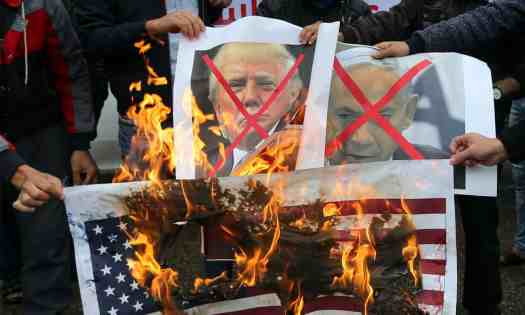
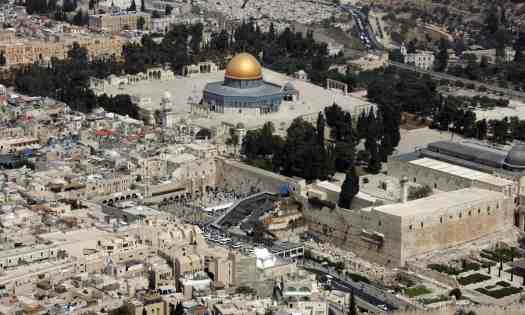



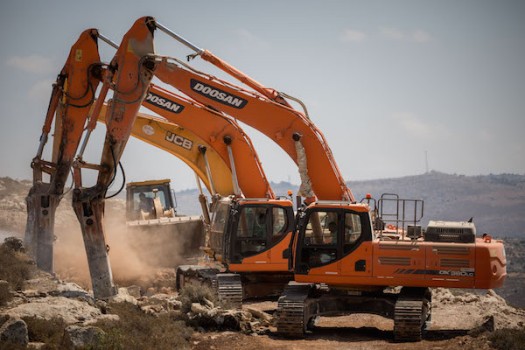
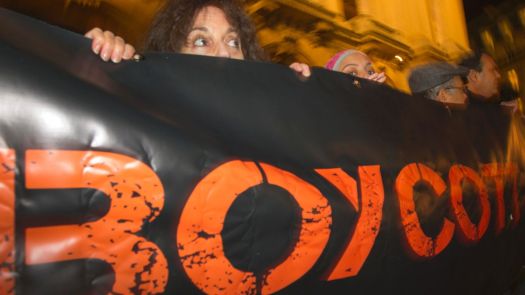

You must be logged in to post a comment.